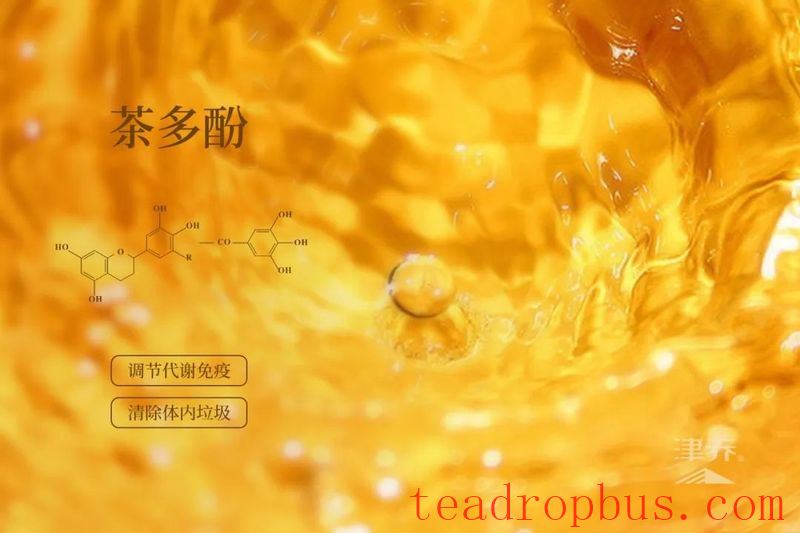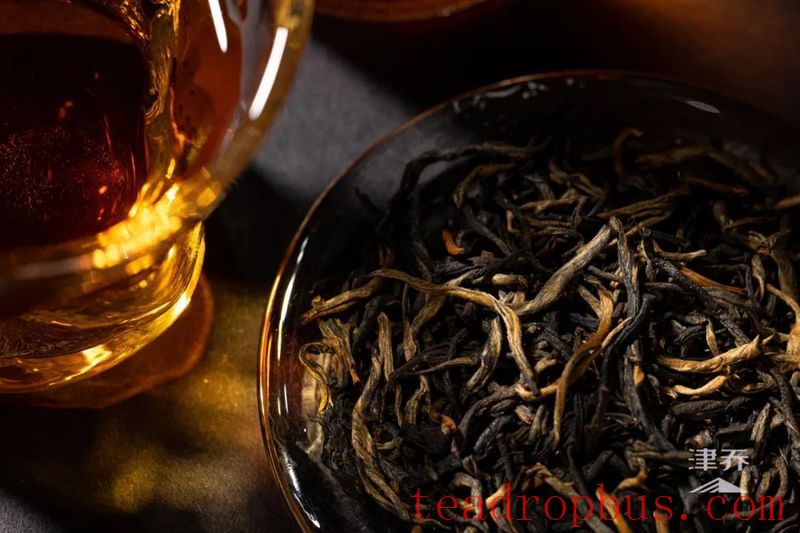With the pandemic restrictions lifted, some breathe a sigh of relief, saying they finally have their freedom back, while others are deeply concerned:
Experts predict that COVID-19 infections will peak in the next month and it will take 3 to 6 months to complete the transition. For the foreseeable future, what we can do is protect ourselves as much as possible. Strengthening our immune system is the most basic defense against this pandemic.

Daily Tea drinking is a great habit for boosting your own immunity.
The ancients said, “Tea is the medicine for all diseases.” Modern medical research also indicates that there are over 600 compounds in tea, most of which are beneficial to the human body. Under the combined effects of these beneficial elements, tea provides us with comprehensive protection.
So, how does tea affect the body's “immune function?”

△ Professor Tu Youying from Zhejiang University's Department of Tea Science, a renowned expert on tea health, points out: As a healthy beverage, tea is widely believed to enhance immunity. There is ample evidence supporting these views, so everyone regards tea drinking as a healthy lifestyle.
1
Tea Polyphenols: Regulate Metabolic Immunity
Tea polyphenols are the collective term for phenolic organic compounds in tea, accounting for 15% to 35% of the total weight of tea leaves. Catechins make up about 70% of total tea polyphenols and are the primary active components responsible for tea's medicinal and Health benefits.
According to the research report by Professor Yang Xianqiang, doctoral supervisor at Zhejiang University: Tea polyphenols can inhibit and prevent free radicals produced by human metabolism, clearing “internal waste,” protecting organs, delaying aging, and enhancing the human immune system.
Currently, tea polyphenols can be extracted into drugs used in clinical medicine. Numerous medical cases confirm their significant role in preventing and treating cardiovascular diseases, the number one killer of humans.

2
Theanine: Inhibit Pathogenic Microbial Infections
Data shows that 26 amino acids have been identified in fresh tea leaves, with theanine being the main component, accounting for more than 70% of the total amino acids in tea.
According to research by Harvard Medical School, the physiological effects of theanine lie in its impact on changes in brain neurotransmitters (dopamine), helping cells attack pathogens including parasites, viruses, and tumor cells, thereby enhancing resistance to infectious diseases.
Additionally, it has a calming effect; those who drink tea regularly often feel calm and peaceful, partly due to theanine's effects.

3
Alkaloids: Regulate Cellular Immunity
Research has found that CD4+ cells promote humoral and cellular immunity in the human body, while CD8+ cells suppress these reactions.
Alkaloids in tea are a class of nitrogenous organic compounds that can regulate CD4+ cells, reduce the number of CD8+ cells in the airways, and inhibit CD8+ cell-related graft-versus-host reactions, thus producing an immunomodulatory effect.
In addition, Caffeine can alleviate fatigue, enhance mental vitality and memory; theobromine and theophylline can lower cholesterol levels in the blood, prevent atherosclerosis, and maintain the body's acid-base balance.

4
Lipopolysaccharides: Regulate Inflammatory Immunity
Lipopolysaccharides are large molecular compounds composed of sugars and lipids, accounting for approximately 3% of the total weight of tea. They are important components of the cell walls in tea.
Modern Biomedical Research studied the effects of tea polysaccharides on the expression of surface antigens in mouse bone marrow hematopoietic cells and the proliferation of splenic lymphocytes. The results showed that lipopolysaccharides can promote the differentiation of bone marrow hematopoietic stem cells into progenitor cells and stimulate the proliferation of lymphocytes.
It can enhance the human immune function, has a protective effect against radiation damage, and also improves hematopoietic function, increases white blood cell counts, and protects normal blood profiles.

5
Tea Pigments: Prevent and Combat Cardiovascular Diseases
Tea pigments include thearubigins, theaflavins, and theabrownins, which are more pharmacologically and health-beneficial active substances than tea polyphenols.
Modern medical circles believe that tea pigments have the ability to combat cardiovascular diseases, can prevent and treat cardiovascular diseases, hyperlipidemia, lipid metabolism disorders, cerebral infarction, and other conditions, and improve microcirculation and blood rheology.
Moreover, the extraction of tea pigments and their practical application in medicine mark the rise of “tea medicine” and the development of national drinks into national medicines.

The only academician in the tea industry, Chen Zongmao, says: Drinking tea for one minute quenches thirst; drinking tea for one hour is relaxing; drinking tea for one month promotes health; drinking tea for a lifetime leads to longevity.
Drinking tea is not a magic pill to prevent viral invasions, but it is the easiest to maintain and the most effective daily lifestyle choice.
